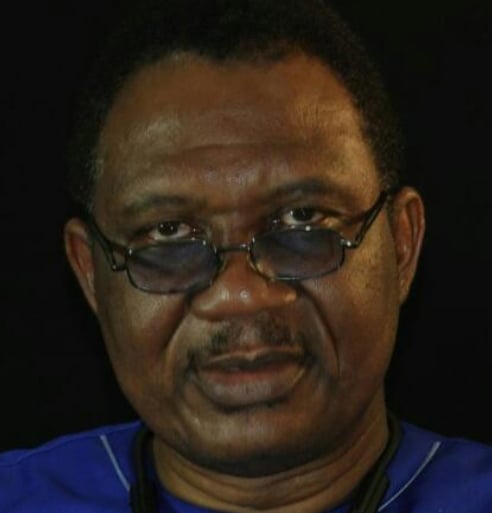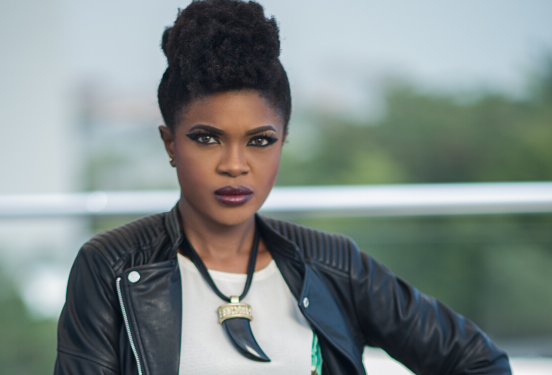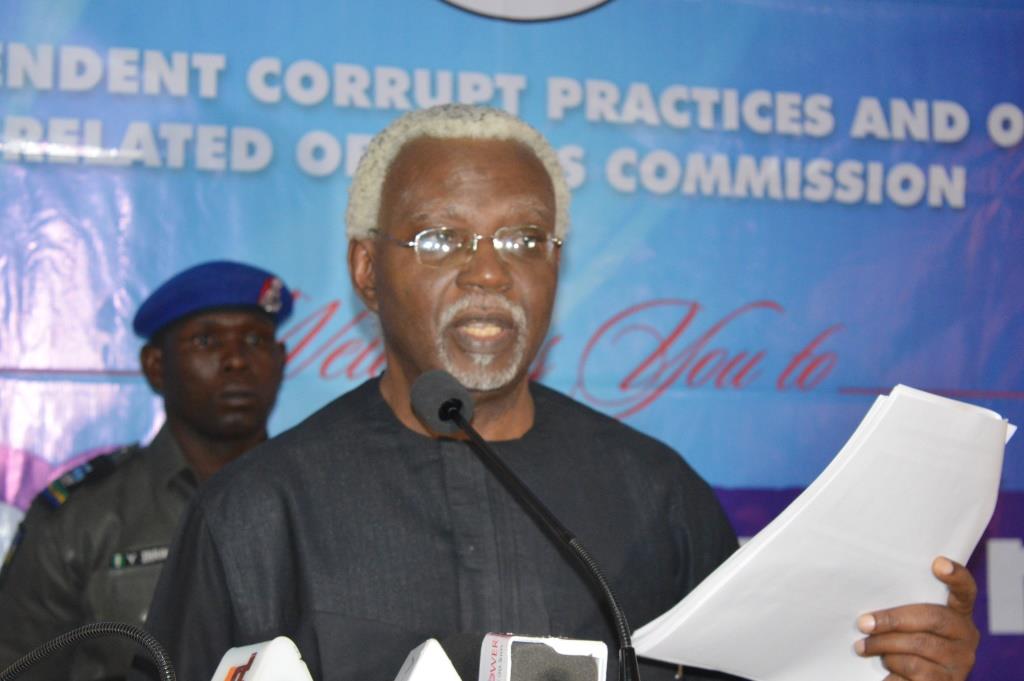A cry for help
As an opener to today’s discussion on perennial suicides and attempted suicide among medical practitioners, I venture to paraphrase Dr. Maymunah Kadiri’s, mental health practitioner and social advocate, interesting appeal on the social media:
“Earlier this year, a student of Babcock university died from suicide. Last week, a medical doctor killed his mother, last Sunday, 19-03-2017, a medical doctor died from suicide, through a jump into the Lagos Lagoon using the third mainland bridge railing as a spring to land into the deep water. Similarly a final year student of Ladoke Akintola University, Ogbomosho, Oyo State, died from suicide. These are just a few of suicide cases we hear about, a lot we don’t know are more.”
Big Question
Advertisement
Hear her again:
“I slept around 1am this morning just because we were saving the life of a mother that wanted to commit suicide. Likewise, a fellow Psychiatrist had to admit a banker who attempted suicide.
“Is suicide on the increase or we are just realizing the growing incidence..?
Advertisement
“I will recommend that we all go on google play store and download the app, #HOWBODI. This is an app that helps you assess your mental health on the go.
“Seek help when you need it, depression is treatable and management/treatment is available”.
Why Do Doctors Commit Suicide?
The following passage is an interesting piece by Dr Pranay Sinha, physician in residency program at the department of internal medicine, Yale-New Haven Hospital, Connecticut, USA on the aforementioned subject matter – doctors and suicide, a reality. It was written in the New York Times, SEPTEMBER 4, 2014
Advertisement
TWO weeks ago, two medical residents, in their second month of residency training in different programs, jumped to their deaths in separate incidents in New York City. I did not know them, and cannot presume to speak for them or their circumstances. But I imagine that they had celebrated their medical school graduation this spring just as my friends and I did. I imagine they began their residencies with the same enthusiasm for healing as we did. And I imagine that they experienced fatigue, emotional exhaustion and crippling self-doubt at the beginning of those residencies — I know I did.
The statistics on physician suicide are frightening: Physicians are more than twice as likely to kill themselves as nonphysicians (and female physicians three times more likely than their male counterparts). Some 400 doctors commit suicide every year. Young physicians at the beginning of their training are particularly vulnerable: In a recent study, 9.4 percent of fourth-year medical students and interns — as first-year residents are called — reported having suicidal thoughts in the previous two weeks.
Hospitals and residency programs recognize the toll residency takes on the mental stability and physical health of new doctors. In 2003, work hours were capped at 80 hours a week for all residency training programs. Residents are provided confidential counseling services to help cope with stress. My residency program offers writing workshops and monthly reflection rounds. We have a wellness committee that organizes social events such as bonfires on the beach and visits from therapy dogs.
But despite these efforts, people still fall through the cracks. While acute stress, social isolation, pre-existing mental illness and substance abuse may be obvious factors to consider, we must also ask if there are aspects of medical culture that might push troubled residents beyond their reserves of emotional resilience.
Advertisement
There is a strange machismo that pervades medicine. Doctors, especially fledgling doctors like me, feel pressure to project intellectual, emotional and physical prowess beyond what we truly possess. In his famous essay “Aequanimitas,” Sir William Osler, who founded the first American residency program at Johns Hopkins Hospital in 1889, stressed the importance of equanimity in a physician.
While steadiness in tense situations is an important quality for doctors to have, I believe that the imperturbability that Osler extolled has been misinterpreted to a dangerous degree. We masquerade as strong and untroubled professionals even in our darkest and most self-doubting moments. How, then, are we supposed to identify colleagues in trouble — or admit that we may need help ourselves?
Advertisement
Interns are often bewildered at how rapidly things change for us from May to July. As medical students, while we felt compelled to work hard and excel, our shortfalls were met with reassurances: “It will all come in time.” But as soon as that M.D. is appended to our names in May, our self-expectations skyrocket, as if the conferral of the degree were an enchantment of infallibility. The internal pressure to excel is tremendous: After all, we are real doctors now.
In fact, very little about us changes, apart from our legal ability to prescribe medications. But meanwhile, our workload increases along with the expectations and demands we place on ourselves. Most fourth-year medical students are expected to take care of four patients at a time. But within a month of graduation, without any additional training or practice, we are required to have a comprehensive understanding of up to 10 patients on any given day.
Advertisement
This drastic increase in responsibility can and does overwhelm most interns. Despite the support of my supervisors, my first two months were marked by severe fatigue, numerous clinical errors (that were promptly caught by my supervisors), a constant and haunting fear of hurting my patients and an inescapable sense of inadequacy. I kept up a charade of composure and humor to blend in with my talented colleagues, believing that I was struggling alone. Inside, however, I felt as if I would be found out all too soon.
It was over a dinner of Thai food that I finally opened up. One of my most accomplished colleagues in residency had complimented me on my clinical knowledge a couple of times during the meal. Sick of feeling like a charlatan, I told him about the trouble I was having with collecting clinical data and presenting it in an organized way on rounds. I confessed that I did not think I belonged in the program. He listened thoughtfully, and then uttered the three most beautiful words I had ever heard: “Dude, me too!”
Advertisement
We need to be able to voice these doubts and fears. We need to be able to talk about the sadness of that first death certificate we signed, the mortification at the first incorrect prescription we ordered, the embarrassment of not knowing an answer on rounds that a medical student knew. A medical culture that encourages us to share these vulnerabilities could help us realize that we are not alone and find comfort and increased connection with our peers. It could also make it easier for residents who are at risk to ask for help. And I believe it would make us all better doctors.
Some stoics may invoke Osler’s creed to argue that physicians must push aside our personal burdens to care for the sick. But a tired and depressed doctor who is an island of self-doubt simply isn’t as likely to improve the outcomes of his or her patients — or ever truly care for them.”
Indeed doctors are also human, we are as prone to any illness as does others in the society but when suicide becomes perennial among those others should come to for advice, then it becomes clearer that our society is dangerously endangered.







